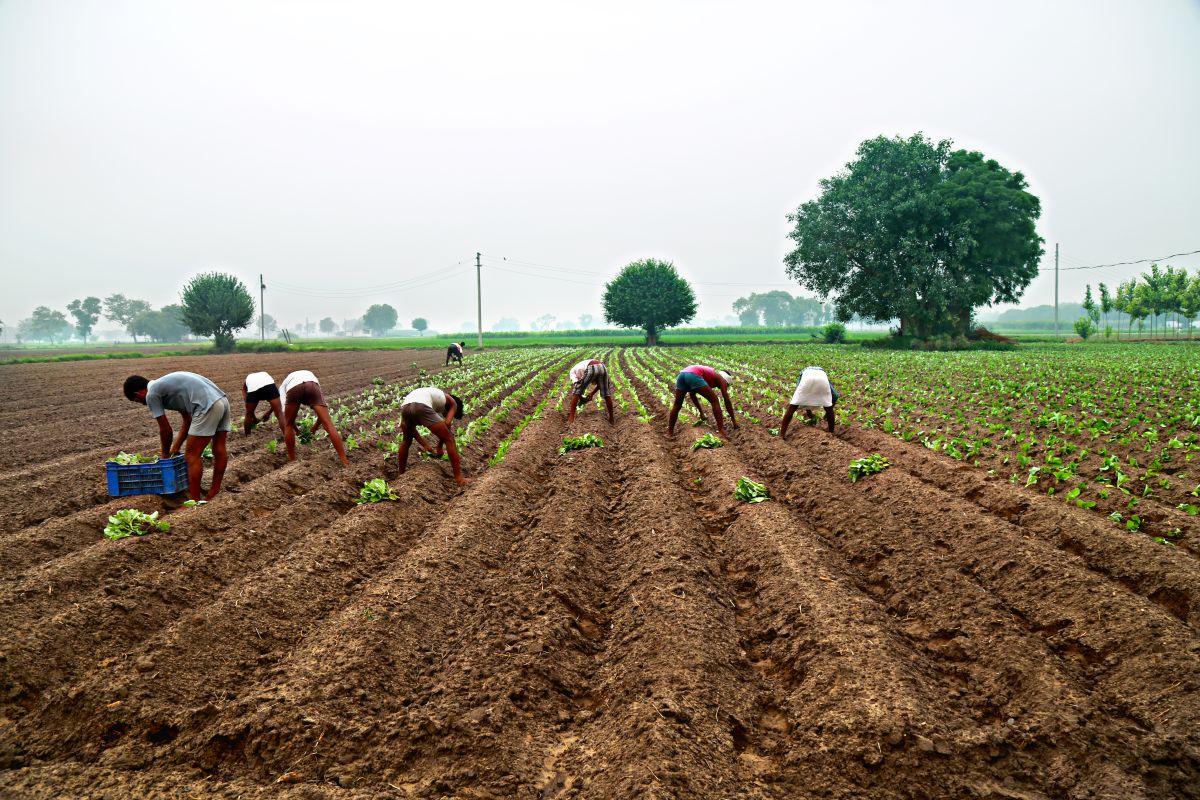With special stress of ‘zero budget farming’, the Modi Government on Friday allocated Rs 1,30,485 crore to agriculture sector in its budget 2019- 20—almost 51,000 crore up from the revised allocation of the year 2018-19. In her budget, Union Finance Minister Nirmala Sitharaman proposed a historic allocation of Rs 1,30,485 crore in the budget 2019- 20—51,459 crore up from revised allocation of Rs 79026 in 2019-20. The increase is mostly due to allocation of Rs 75,000 crore to the Pradhan Mantri Kisan Samman Nidhi (PM-Kisan). This year more than 57% assistance to the farmer would be through Direct Benefit transfer schemes.
The allocation, however, is still Rs 10,000 crore less than what Modi-I government had proposed in its interim budget announced early this year. The Finance Minister said that it has also planning to develop infrastructure in Agriculture and allied far sector and attract private players. Food Processing would be another key area where government would encourage private entrepreneurs. The government keeps “gaon, garib, aur kisan (Village, Poor, and farmers)” at the centre of everything that it does. Both ‘ease of doing business’ and ‘easy of living’ should apply to farmers too,” he said in her budget speech. The Finance Minister said after making India self reliant on pulses, farmers should now stress on oil seeds. “I am sure they will repeat such a success even in the production of oilseeds. Our import bill shall be reduced by their seva.” She said while appreciating farmer’s efforts in increasing pulses production.
Advertisement
The minister also emphasized on to need of promoting ‘zero budget farming’ that would save production cost, and promote organic farming, and improve micro nutrients in the soil.the need to replicate Zero Budget Farming, an innovative model, across the country saying farmers are already being trained in few states in this regard. “Steps such as this can help in doubling our farmers’ income in time for our 75th year of independence,” she added.









